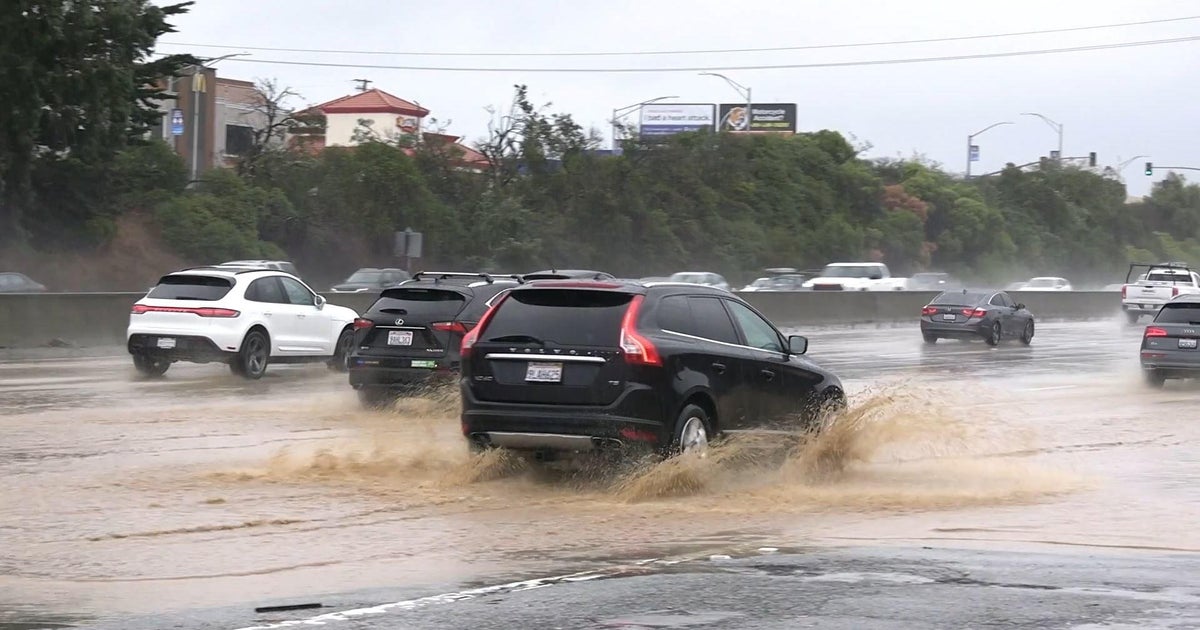Practice Of Collecting Suspect DNA Up For Debate In SF Federal Court
SAN FANCISCO (CBS SF) - An 11-judge panel of a federal appeals court heard arguments in San Francisco Monday afternoon on a challenge to a California law that requires police to collect DNA from all felony suspects.
The panel of the 9th U.S. Circuit Court of Appeals will reconsider a decision in which a smaller panel of the same court upheld the law by a 2-1 vote last year.
The law is part of an initiative enacted by California voters in 2004. It requires the collection of DNA samples from people arrested on suspicion of a felony regardless of whether they are ever charged or convicted of a crime.
Four citizens who had DNA samples taken through cheek swabs following their arrests claim in a civil rights lawsuit that the measure violates their constitutional Fourth Amendment right to be free of unreasonable searches.
The four plaintiffs, who are represented by the American Civil Liberties Union, are from San Francisco, Berkeley and Sacramento. Two, who were arrested at demonstrations, were never charged with a crime, and charges against the other two were dropped.
ACLU attorney Michael Rishel said in advance of Monday's hearing, "People who have never been charged with a crime shouldn't have their DNA put in a government database."
State lawyers defending the law contend there are restrictions on the use of the information and that the DNA is useful for identifying arrestees, solving past crimes and exonerating innocent people.
The lawsuit challenges only the collection of DNA from suspects and does not oppose taking DNA when a person has been convicted of a crime or when prosecutors have obtained a search warrant authorizing the procedure.
The panel will hear the arguments at the 9th Circuit courthouse at Seventh and Mission streets at 2 p.m. today. It is expected to take the case under submission and issue a ruling at a later date.
(Copyright 2013 by CBS San Francisco and Bay City News Service. All rights reserved. This material may not be published, broadcast, rewritten or redistributed.)



